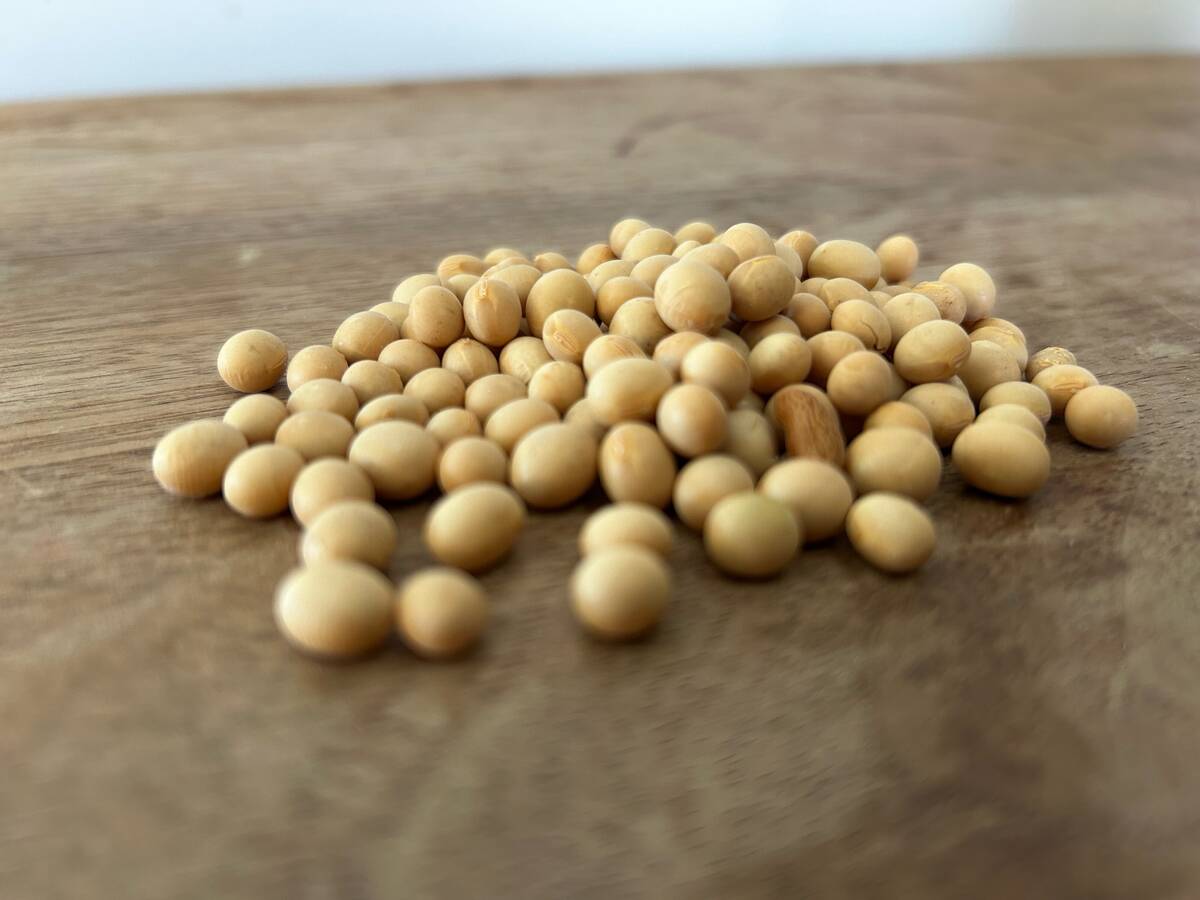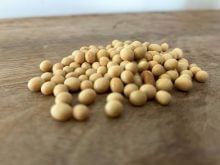GUELPH, Ont. — The issue is binary for Dag Falck: there is organic food, there is conventional food and there is no middle ground for “natural” food.
“There’s no in-between,” said Falck, organic program manager with Nature’s Path.
“It (natural) is like new and improved. What does new and improved mean? Not much.”
During a presentation at the Guelph Organic Conference in early February, Falck focused on the confusion surrounding natural and organic food claims and argued that “natural” is a meaningless claim.
He said organic is a philosophy, a system based on best management practices and a social movement that aims to improve the world. In contrast, natural is a word that food processors use to deceive the public.
Read Also

U.S. grains: soybeans firm ahead of USDA data
Chicago soybeans ticked up slightly on Wednesday as traders adjusted positions ahead of the release of official U.S. data on global supply and demand on Friday, the first update in weeks, but prices were capped by a lack of large Chinese purchases.
“There is no (natural) community … that says, ‘we really believe in this natural stuff, we’ve got to keep it natural.’ That doesn’t exist.”
Falck’s aggressive attack on natural food production provoked a response from several audience members in Guelph, including Megan Meier of Kitchener, Ont.
Meier, who is moving to Saskatchewan to start a pastured poultry farm near Preeceville this spring, said her chickens won’t be organic but they will be raised outside.
“It’s better than organic because you’re looking at the whole health of the animal,” she said following Falck’s presentation.
“You can feed organic feed to chickens in a confinement house and they would be called certified organic…. So, yes. I definitely take issue that there is no difference (between natural and conventional production).”
Organic Federation of Canada president Ted Zettel said there is a gray area between organic and conventional meat production. While the Canadian Food Inspection Agency does review and register natural meat labels, he doesn’t feel it is strong enough.
“There’s a slight amount of regulation in the meat business,” said Zettel, who attended Falck’s presentation.
“What that entails is some documentation that the farmer didn’t use antibiotics or hormones, but that’s it. That’s the standard and it’s very loosely controlled. It’s not really inspected.”
A CFIA employee at the Guelph conference clarified that the agency doesn’t approve natural meat labels. CFIA inspectors will take action if a company sells meat with a natural label and makes claims that are fraudulent or misleading.
In most cases, the agency follows up on consumer complaints or launches an investigation when companies “rat out” their competitors, the employee said.
Zettel it’s legitimate for consumers to buy pork, chicken or beef directly from a farmer because they support his practices or philosophy.
“There could be a 100 different gradients between organic and conventional for that kind of exchange.”
However, he said it’s different when consumers buy “natural” meat at a grocery store.
“In Costco, you either have certified organic or you have conventional,” Zettel said.
“Don’t be fooled (by) anything that says natural or antibiotic free or free range… It has no credibility.”
Falck said the confusion around “natural” food demonstrates that no one really understands what it means.
He said he thought several years ago that it might be possible to have a tiered marketplace, with organic as the gold standard and natural as the silver standard.
However, he said he eventually changed his mind because he couldn’t distinguish natural from organic.
“What would that standard (for natural) look like? I was stumped,” he said. “What would you allow in natural, that’s different in organic?”
He said consumer groups sued the makers of Ben & Jerry’s ice cream two years ago after proving it contained alkalized cocoa and partially hydrogenated soybean oil. The company was forced to take the “all natural” label off its ice cream.
Falck said American consumer groups have initiated similar legal actions against other companies. As a result, corporations may shy away from the “natural” food label in the future.















